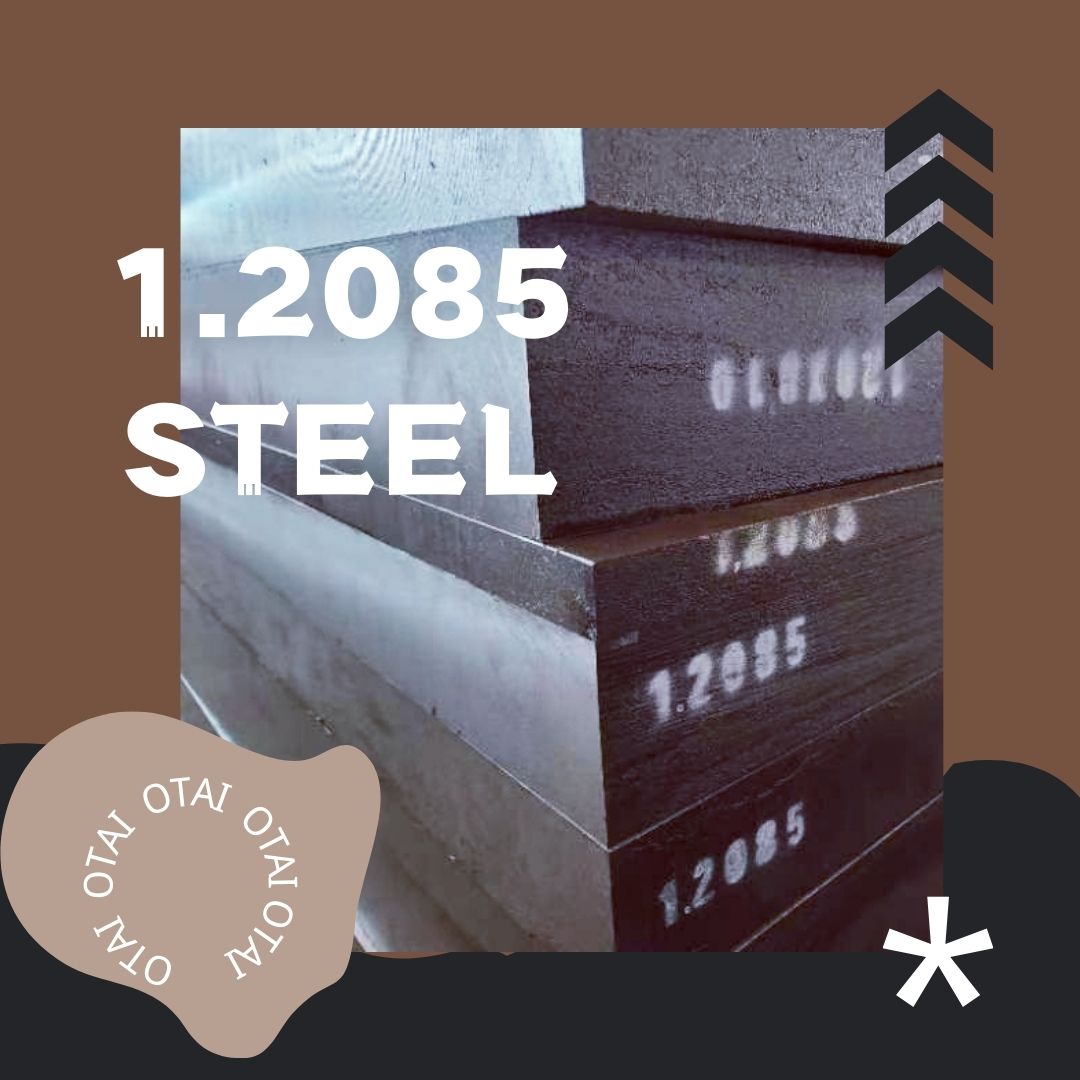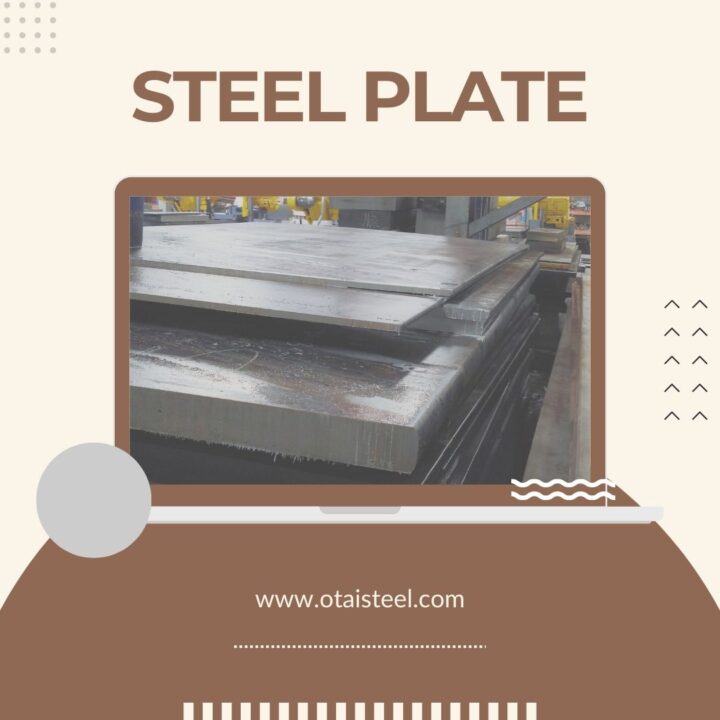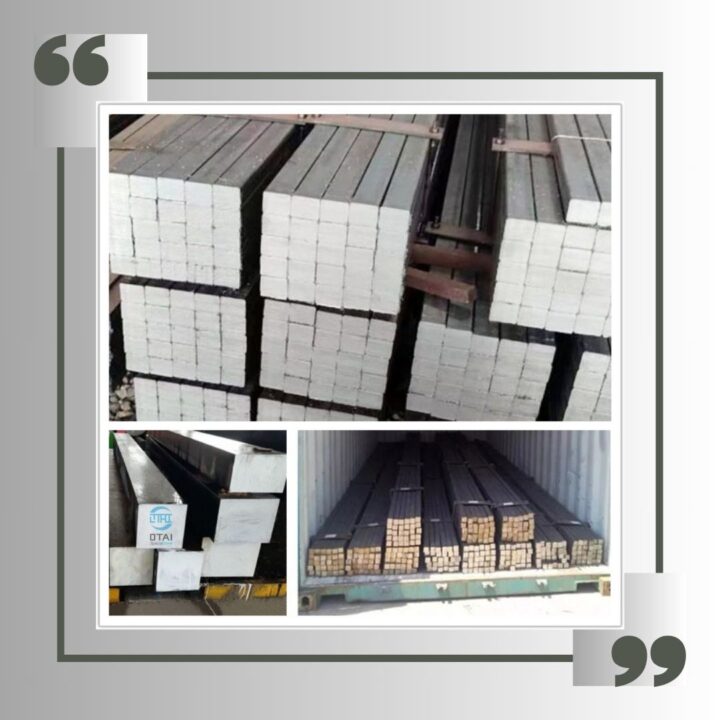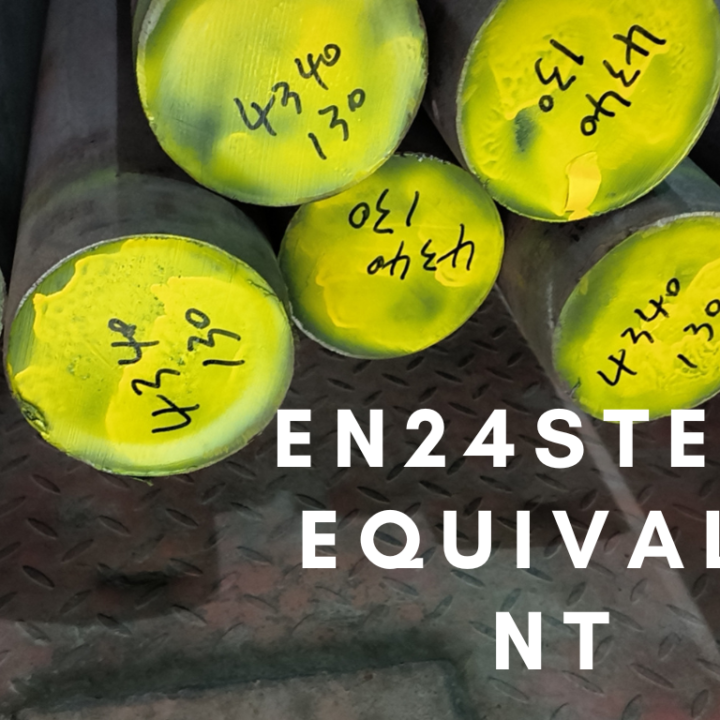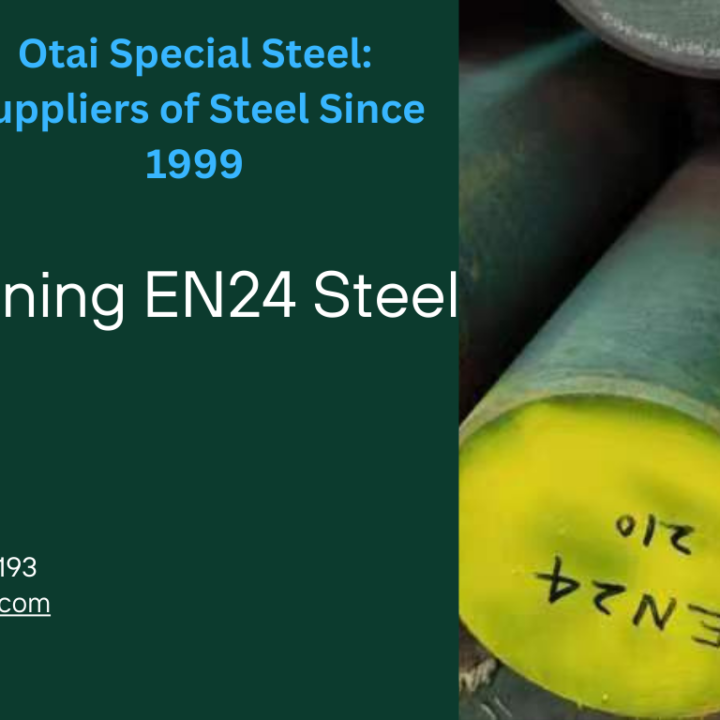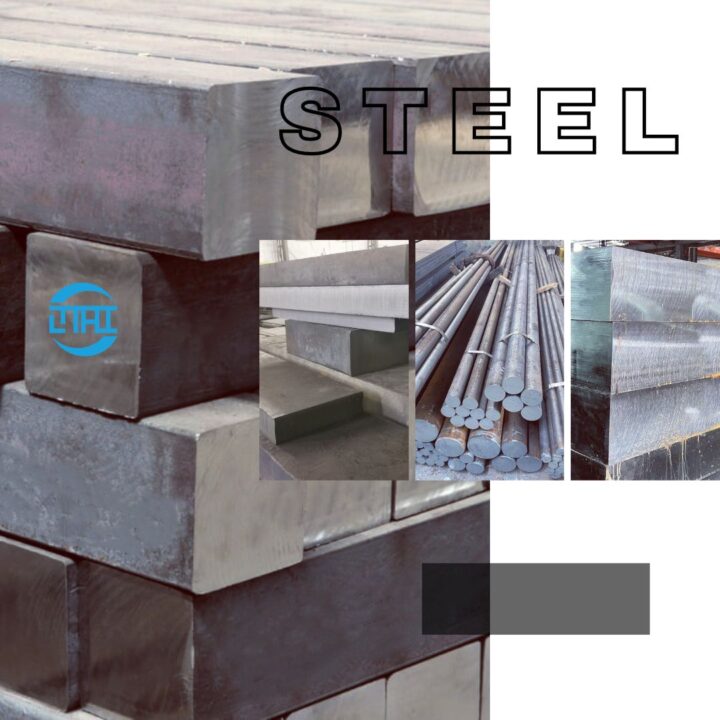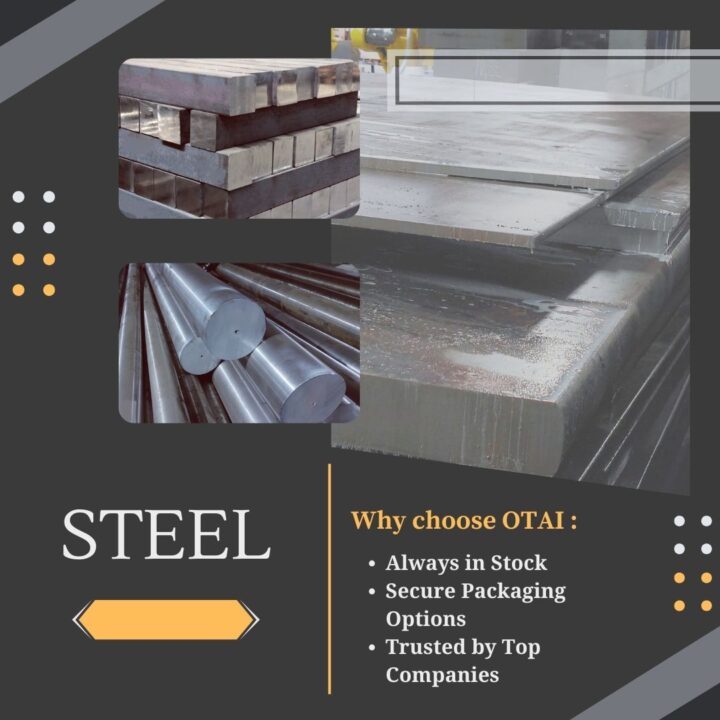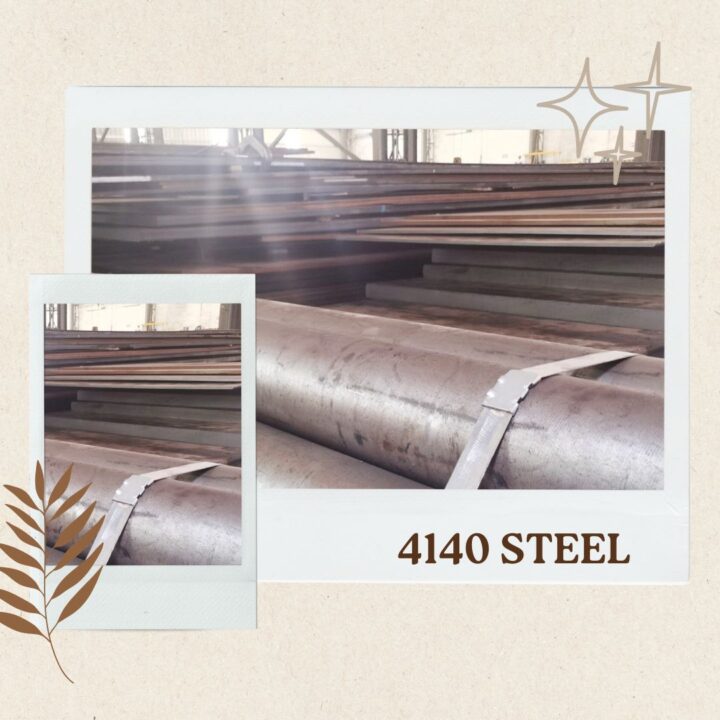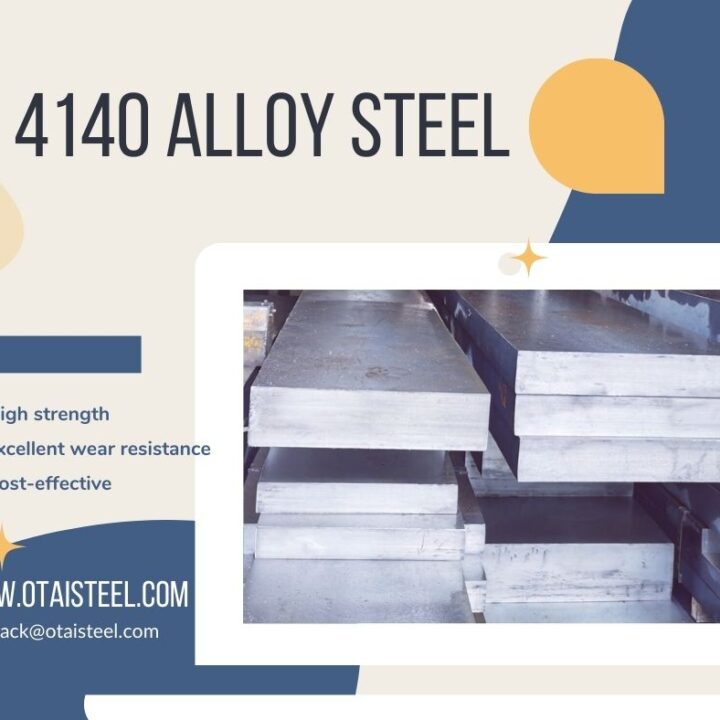When it comes to materials like steel, standards and equivalencies are crucial for ensuring compatibility and meeting specific requirements. 1.2085 steel, also known as 420M steel, is a popular choice in various industries due to its unique properties. (1.2085 steel equivalent astm)
Understanding 1.2085 Steel
Before delving into ASTM equivalents, let’s first understand the key characteristics of 1.2085 steel:
- Chemical Composition: 1.2085 steel is a martensitic stainless steel with a chemical composition that typically includes carbon (C), chromium (Cr), manganese (Mn), silicon (Si), and other alloying elements. This composition imparts properties like high hardness, corrosion resistance, and wear resistance.
- Mechanical Properties: It exhibits impressive strength, hardness, and moderate toughness. This makes it suitable for applications such as tool and die making, medical instruments, and food processing equipment.
- Corrosion Resistance: While not as corrosion-resistant as some stainless steel grades, 1.2085 steel offers moderate protection against rust and corrosion, particularly in mild to moderately aggressive environments.
Exploring ASTM Equivalents
1.2085 steel, while widely recognized in Europe, may require an equivalent ASTM designation when dealing with American standards. The closest ASTM equivalents to 1.2085 steel are found within the 400 series of stainless steels:
- ASTM A276 Type 420 Stainless Steel: ASTM A276 is a specification that covers the requirements for stainless steel bars and shapes. Within this standard, Type 420 stainless steel is the closest match to 1.2085 steel in terms of composition and properties.
- ASTM A314 Stainless Steel: This specification outlines the requirements for stainless steel billets and bars for forging. It includes several stainless steel grades suitable for various applications, including Type 420, which shares similarities with 1.2085 steel.
- ASTM A473 Stainless Steel: ASTM A473 is a standard specification for stainless steel forgings. It encompasses a range of stainless steel grades, and Type 420 stainless steel is among them, aligning with the properties of 1.2085 steel.
Comparing Properties
While the ASTM equivalents mentioned above closely match the composition and properties of 1.2085 steel, it’s essential to understand that there might be slight variations. These differences can arise from manufacturing processes and regional standards. Therefore, it’s crucial to consider specific requirements when choosing between 1.2085 steel and its ASTM counterparts.
Applications of ASTM Equivalents
- Tool and Die Making: ASTM-equivalent stainless steels are commonly used in tool and die making, just like 1.2085 steel. Their hardness and wear resistance make them ideal for producing cutting tools, molds, and dies.
- Medical Instruments: The ASTM equivalents of 1.2085 steel are suitable for manufacturing medical instruments and devices requiring corrosion resistance and sterilizability.
- Food Processing Equipment: Both 1.2085 steel and its ASTM counterparts can be used to create components for the food processing industry due to their corrosion resistance and ease of cleaning.
While 1.2085 steel is a well-established material with unique properties, it’s essential to recognize its ASTM equivalents to ensure compatibility with American standards. ASTM A276 Type 420, ASTM A314, and ASTM A473 Type 420 stainless steels closely resemble 1.2085 steel in terms of composition and properties. However, slight variations may exist, so it’s crucial to consider specific application requirements when selecting the most suitable material.
